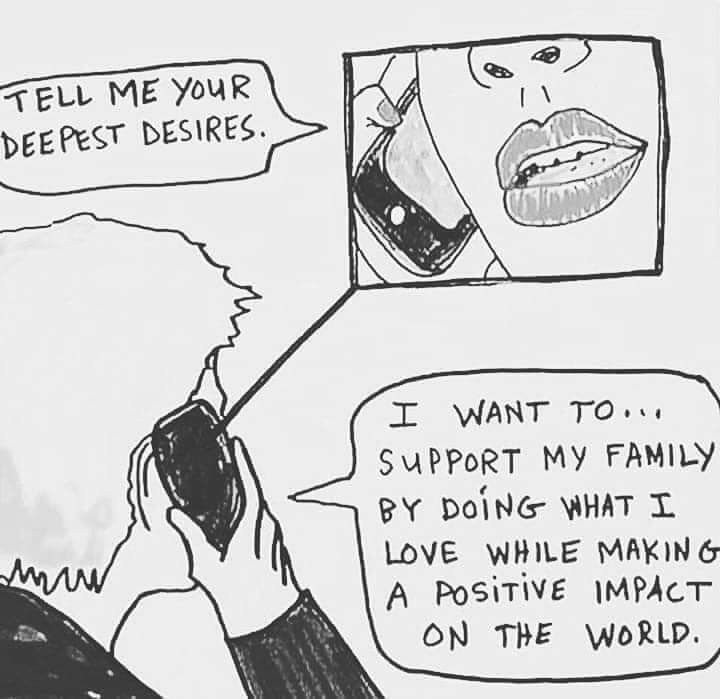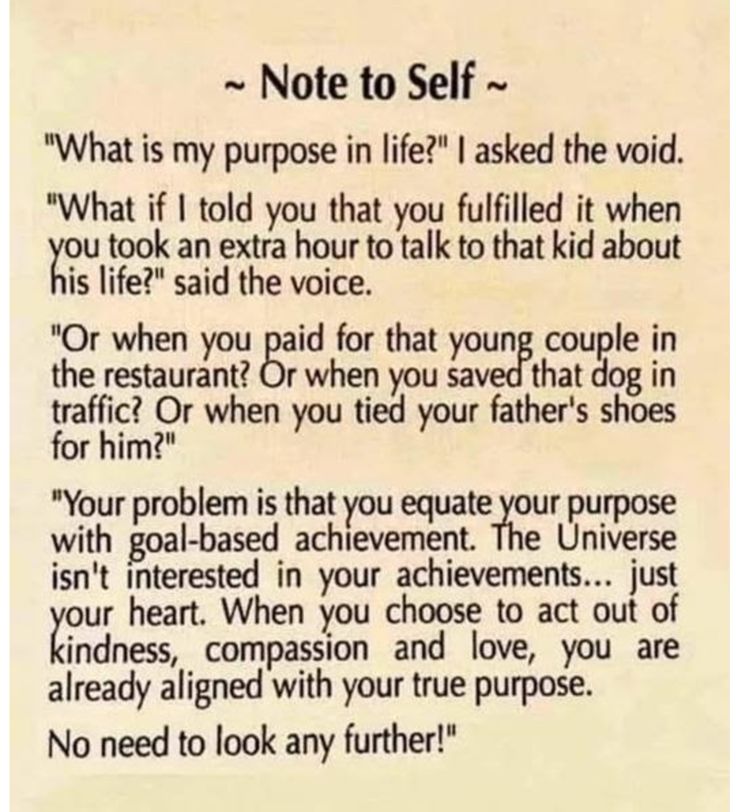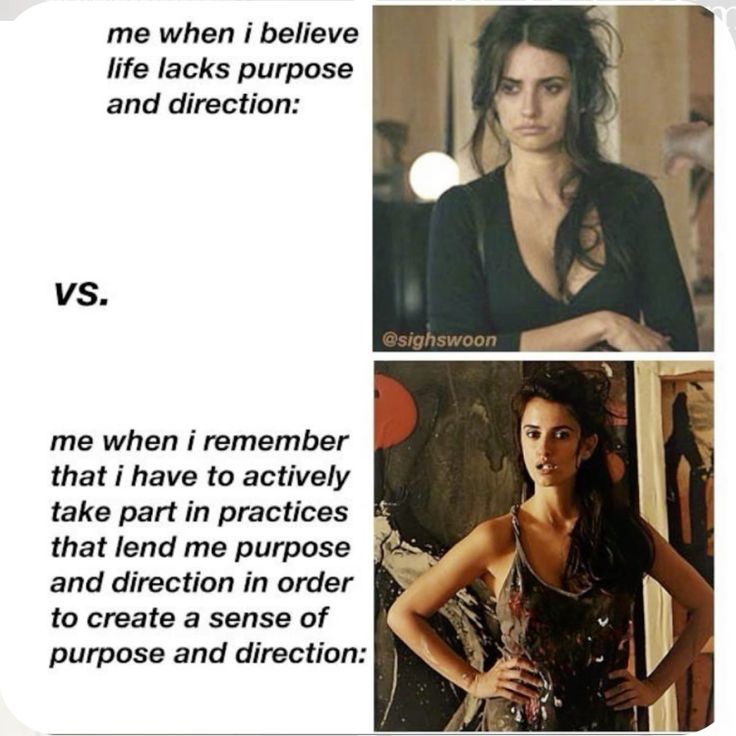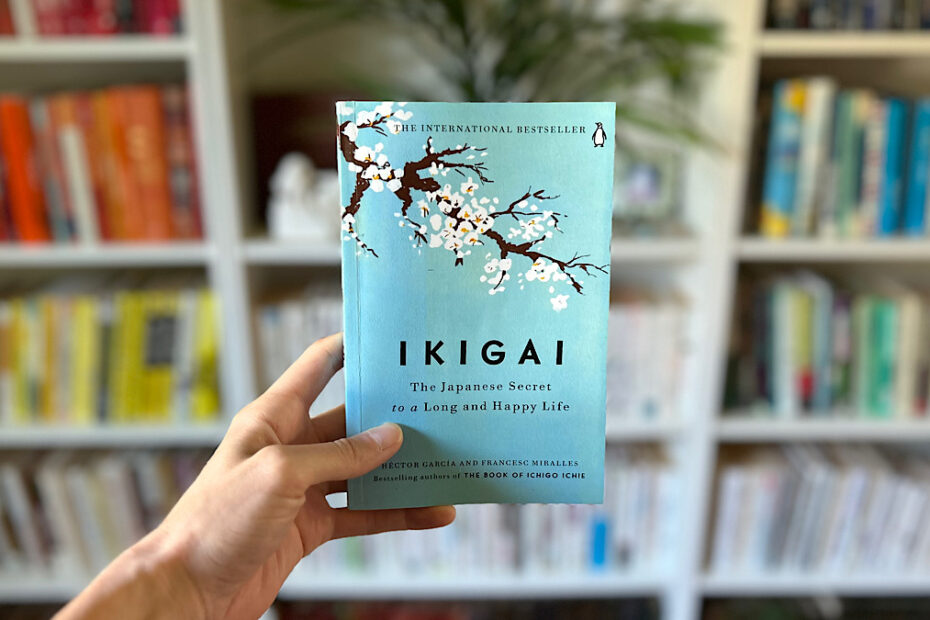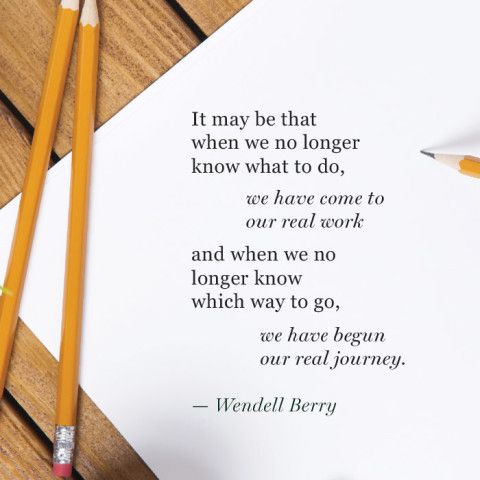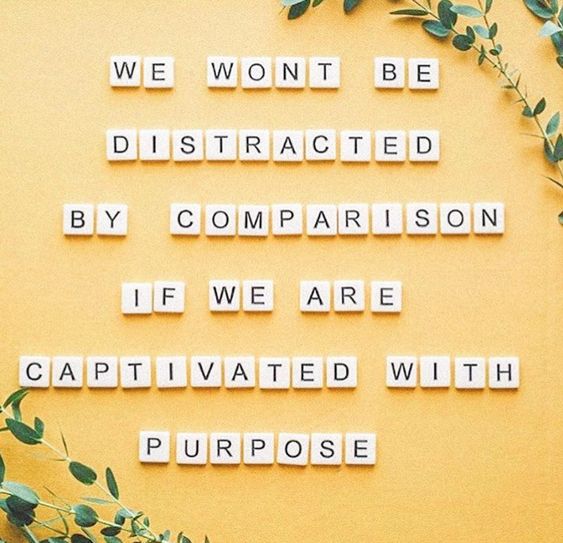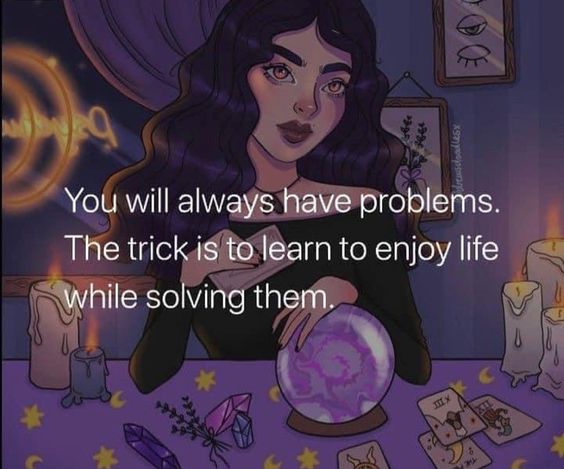“You’re an animal, Sibling Dex. You are not separate or other. You’re an animal. And animals have no purpose. Nothing has a purpose. The world simply is. If you want to do things that are meaningful to others, fine! Good! So do I! But if I watned to crawl into a cave and watch stalagmites with Frostfrog for the remainder of my days, that would also be both fine and good. You keep asking why your work is not enough, and I don’t know how to answer that, because it is enough to exist in the world and marvel at it. You don’t need to justify that, or earn it. You are allowed to just live. That is all most animals do.”
Becky Chambers, A Psalm For The Wild-Built (Page 138)
“We teach that purpose doesn’t come from the gods but from ourselves. That the gods can show us good resources and good ideas, but the work and the choice—especially the choice—is our own. Deciding on your purpose is one of the most valuable things there is. ‘And that purpose can change, yes?’ ‘Absolutely. You’re never stuck.'”
Becky Chambers, A Psalm For The Wild-Built (Page 136)
“As I see it, life is always a great journey—with many highs, regressions, and failures, but no destination. It’s our task to find every opportunity for adventure and challenge along that grand journey.”
Bert R. Mandelbaum, MD, via The Win Within (Page 102)
“Everything we do is for the purpose of altering consciousness. We form friendships so that we can feel love and avoid loneliness. We eat specific foods to enjoy their fleeting presence on our tongues. We read for the pleasure of thinking another person’s thoughts. Every waking moment—and even in our dreams—we struggle to direct the flow of sensation, emotion, and cognition toward states of consciousness that we value.”
Sam Harris, Waking Up (Page 186)
The 10 Rules of Ikigai (for a Longer and Happier Life) + 6 Bonus Quotes from The Book
Excerpt: What is Ikigai? Often translated as “a reason for being,” it’s a concept that—when fully understood—can add years and joy to your life…
Read More »The 10 Rules of Ikigai (for a Longer and Happier Life) + 6 Bonus Quotes from The Book
“The grand essentials to happiness in this life are something to do, something to love, and something to hope for.”
Washington Burnap, via Ikigai (Page 111)
“There is, in fact, no word in Japanese that means retire in the sense of ‘leaving the workforce for good’ as in English. According to Dan Buettner, a National Geographic reporter who knows the country well, having a purpose in life is so important in Japanese culture that our idea of retirement simply doesn’t exist there.”
Héctor García and Francesc Miralles, Ikigai (Page 10)
Ikigai: The Japanese Secret to a Long and Happy Life [Book]
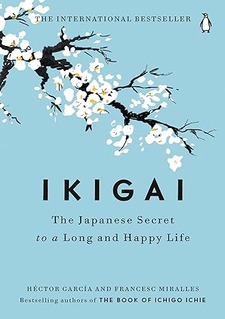
Book Overview: According to the Japanese, everyone has an ikigai—a reason for living. And according to the residents of the Japanese village with the world’s longest-living people, finding it is the key to a happier and longer life. Having a strong sense of ikigai—where what you love, what you’re good at, what you can get paid for, and what the world needs all overlap—means that each day is infused with meaning. It’s the reason we get up in the morning. In researching this book, the authors interviewed the residents of the Japanese village with the highest percentage of 100-year-olds—one of the world’s Blue Zones. Ikigai reveals the secrets to their longevity and happiness: how they eat, how they move, how they work, how they foster collaboration and community, and—their best-kept secret—how they find the ikigai that brings satisfaction to their lives. And it provides practical tools to help you discover your own ikigai.
Post(s) Inspired by this Book:
“At times he heard, deep in his breast, a soft and dying voice that admonished softly, lamented softly, barely audible. Then for an hour he was aware that he was leading a strange life, that he was doing all sorts of things that were merely a game, that he was cheerful, granted, and sometimes felt joy, but that real life was flowing past him and not touching him. Like a juggler juggling his balls, he played with his business, with the people around him, watched them, enjoyed them; but he never participated with his heart, with the wellspring of his being. The wellspring ran somewhere, as if far from him, ran and ran, invisible, having nothing to do with his life. And sometimes he was startled by such thoughts and wished that it could be granted him to participate with passion and with all his heart in the childlike doings of the day, to live really—to act really, to enjoy really, and to live really instead of merely standing on the side as a spectator.”
Hermann Hesse, Siddhartha (Page 63)
“‘I just don’t understand life,’ sulked Nora. ‘You don’t have to understand life. You just have to live it.'”
Matt Haig, The Midnight Library (Page 218)
“Fall in love with some activity, and do it! Nobody ever figures out what life is all about, and it doesn’t matter. Explore the world. Nearly everything is really interesting if you go into it deeply enough. Work as hard and as much as you want to on the things you like to do the best. Don’t think about what you want to be, but what you want to do. Keep up some kind of a minimum with other things so that society doesn’t stop you from doing anything at all.”
Richard Feynman
“There are those who think of the meaning of life as resembling the answer to a riddle. One searches for years, and then some bright day one finds it, like the prize at the end of a treasure hunt. It is a profoundly misleading notion. The meanings in any life are multiple and varied. Some are grasped very early, some late; some have a heavy emotional component, some are strictly intellectual; some merit the label religious, some are better described as social. But each kind of meaning implies a relationship between the person and some larger system of ideas or values, a relationship involving obligations as well as rewards. In the individual life, meaning, purpose and commitment are inseparable. When one succeeds in the search for identity one has found the answer not only to the question ‘Who am I?’ but to a lot of other questions too: ‘What must I live up to? What are my obligations? To what must I commit myself?'”
John W. Gardner, Self-Renewal (Page 103)
“Everyone has noted the abundant resources of energy that seem available to those who enjoy what they are doing or find meaning in what they are doing. Self-renewing people know that if they have no great conviction about what they are doing they had better find something that they can have great conviction about. All of us cannot spend all of our time pursuing our deepest convictions. But all of us, either in our careers or as part-time activities, should be doing something about which we care deeply.”
John W. Gardner, Self-Renewal (Page 16)

